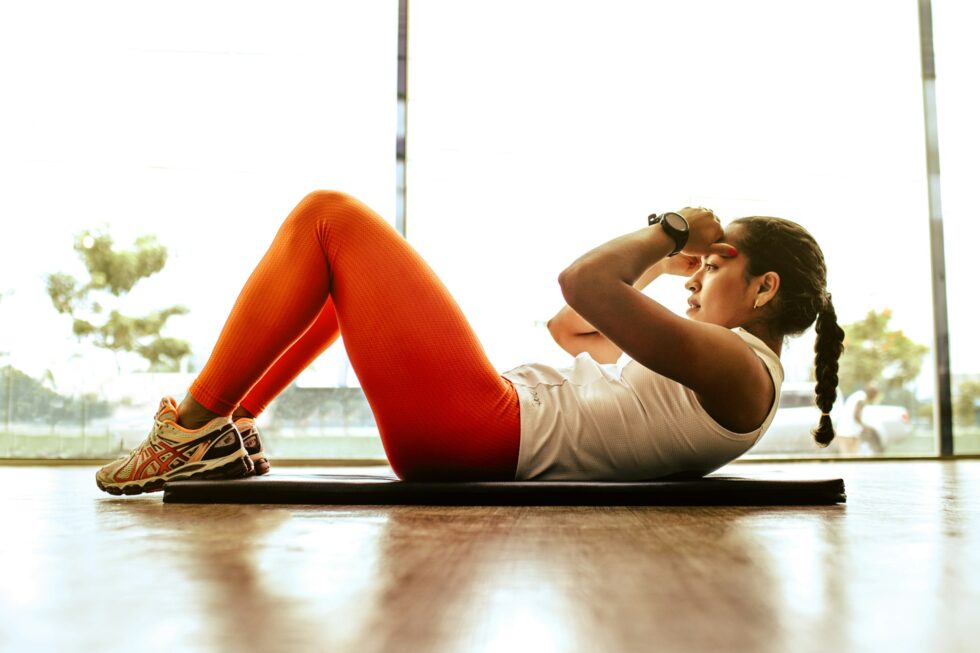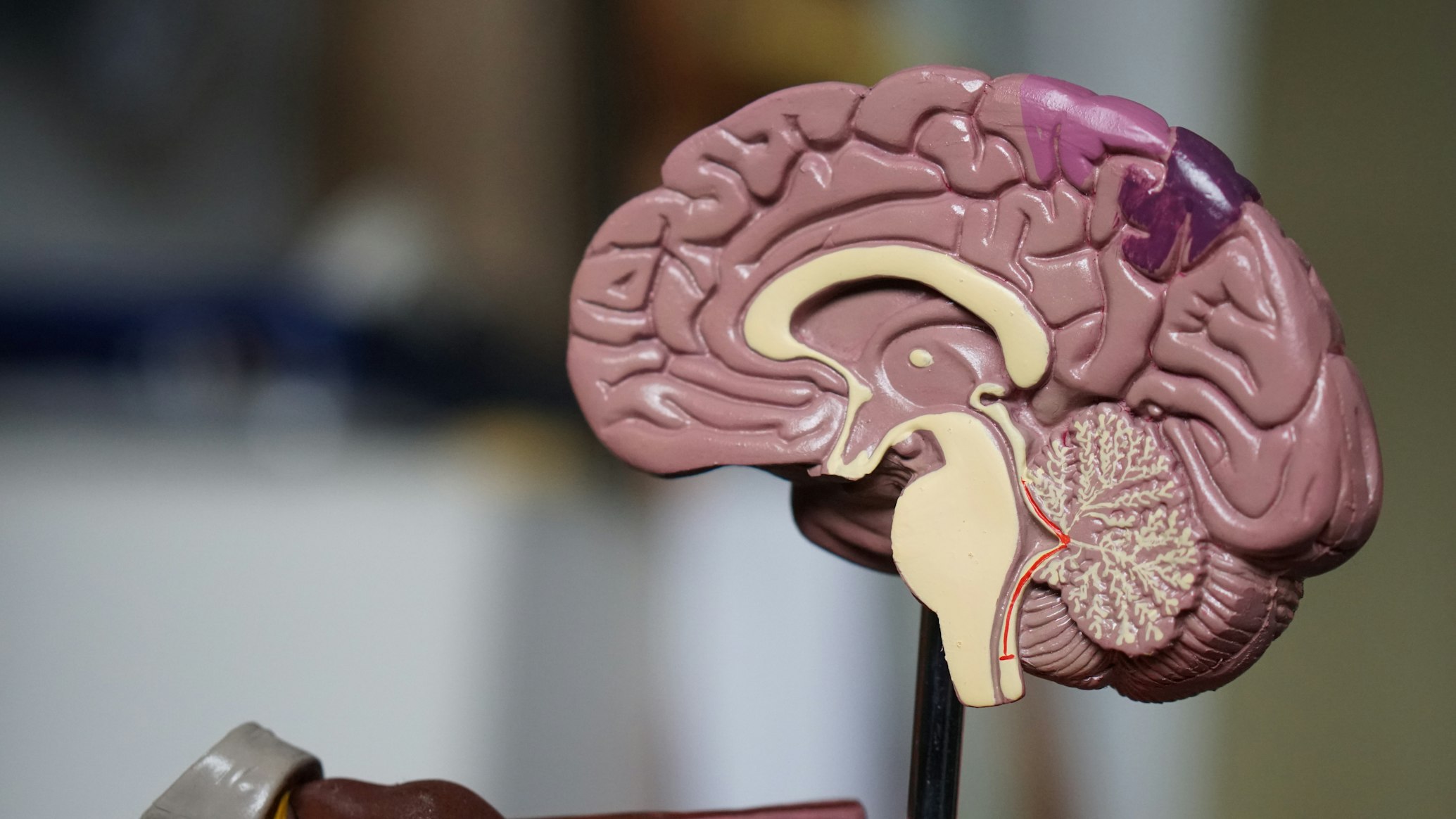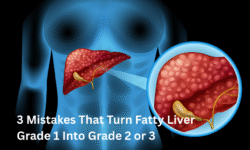
Regular physical activity is one of the most powerful tools we have for improving our overall well-being. While many people focus solely on the physical benefits of exercise, the connection between mental and physical health is equally profound and scientifically proven. Understanding this relationship can motivate you to make exercise a cornerstone of your health routine.
The Science Behind Mental and Physical Health
When you engage in physical activity, your body undergoes remarkable changes that extend far beyond muscle building and cardiovascular improvement. Exercise triggers the release of endorphins, often called “feel-good” hormones, which naturally elevate mood and reduce stress levels. This biological response explains why many people experience what’s commonly known as a “runner’s high” after intense physical activity.
Research consistently shows that the benefits of exercise on mental health are comparable to some traditional treatments for anxiety and depression. Regular physical activity helps regulate neurotransmitters like serotonin and dopamine, which play crucial roles in mood regulation and cognitive function.
Read also, Ai in Healthcare

10 Benefits of Physical Activity for Your Overall Health
Mental Benefits of Exercise
- Stress Reduction: Physical activity serves as a natural stress reliever by lowering cortisol levels and promoting relaxation.
- Improved Mood: Regular exercise can significantly reduce symptoms of depression and anxiety while boosting overall emotional well-being.
- Enhanced Cognitive Function: Physical fitness improves memory, concentration, and decision-making abilities through increased blood flow to the brain.
- Better Sleep Quality: Those who maintain regular exercise routines often experience deeper, more restorative sleep patterns.
- Increased Self-Esteem: Achieving fitness goals and feeling stronger physically translates to improved confidence and self-worth.

Physical Health Benefits
- Cardiovascular Health: Regular physical activity strengthens the heart, improves circulation, and reduces the risk of heart disease.
- Weight Management: Exercise helps maintain a healthy weight by burning calories and building lean muscle mass.
- Stronger Bones and Muscles: Weight-bearing exercises increase bone density and muscle strength, reducing the risk of osteoporosis and age-related muscle loss.
- Enhanced Immune System: Moderate exercise boosts immune function, helping your body fight off infections and diseases more effectively.
- Increased Longevity: Studies show that regular physical activity can add years to your life while improving the quality of those years.
The Interconnection of Mental and Physical Health
The relationship between physical health and mental health is bidirectional and deeply interconnected. When you improve your physical fitness, you simultaneously enhance your mental well-being, and vice versa. This holistic approach to health recognizes that true wellness encompasses both aspects of human health.
For example, when you’re physically active, you’re more likely to have the energy and motivation to engage in social activities, pursue hobbies, and maintain relationships – all of which contribute to better mental health. Conversely, good mental health makes it easier to stick to exercise routines and make healthy lifestyle choices.

Exercise for Mental Health: Practical Applications
Starting Your Journey
If you’re new to exercise, begin with simple activities like walking, swimming, or gentle yoga. The key is consistency rather than intensity. Even 30 minutes of moderate physical activity most days of the week can provide significant health benefits of exercise.
Creating a Sustainable Routine
Choose activities you enjoy to ensure long-term adherence. Whether it’s dancing, hiking, cycling, or team sports, the best exercise is the one you’ll actually do regularly. Consider incorporating both cardiovascular exercise and strength training for maximum benefits.
Monitoring Your Progress
Regular physical check up appointments with your healthcare provider can help track improvements in both your physical and mental health markers. These check-ups can also help identify any potential issues early and adjust your exercise routine accordingly.

The Benefits of Exercise: Beyond the Obvious
While weight loss and muscle building are often the primary motivators for starting an exercise routine, the benefits of physical activity extend far beyond physical appearance. Regular exercise can:
- Improve brain plasticity and learning capacity
- Reduce inflammation throughout the body
- Enhance social connections through group activities
- Provide a healthy outlet for managing difficult emotions
- Increase energy levels for daily activities
Making Healthy Exercise a Lifestyle
The key to reaping the full benefits of exercise lies in making it a sustainable part of your lifestyle rather than a temporary fix. This means finding activities that fit your schedule, preferences, and physical capabilities. Remember that any movement is better than none, and small, consistent efforts compound over time.
Consider starting with just 10-15 minutes of physical activity daily and gradually increasing duration and intensity as your fitness improves. This approach helps prevent burnout and reduces the risk of injury while building lasting habits.
Conclusion
The evidence is clear: regular physical activity is one of the most effective ways to improve both your mental and physical health simultaneously. From reducing stress and anxiety to strengthening your cardiovascular system and boosting immune function, the benefits of exercise touch every aspect of your well-being.
By understanding the profound connection between physical fitness and mental health, you can approach exercise not just as a way to look better, but as a comprehensive strategy for living a healthier, happier, and more fulfilling life. Start where you are, use what you have, and do what you can – your mind and body will thank you for it.
Remember, the journey to better health is a marathon, not a sprint. Be patient with yourself, celebrate small victories, and focus on creating sustainable habits that will serve you for years to come. Your investment in physical activity today is an investment in your future self’s health and happiness.







